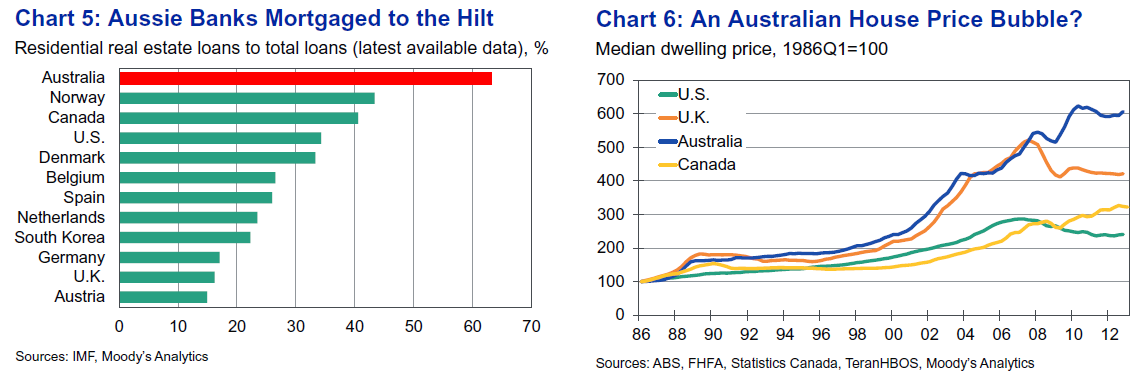- Sep 19, 2007
- 19,071
- 17,630
- AFL Club
- St Kilda
- Other Teams
- Anaheim Ducks, PSV Eindhoven
I'd have definitely have invested in some NBN bonds.Assuming then that investor then start to shy away from residental property as an investment they will turn to other options, the money won't be lost as people will always look for a return on their capital, its just a question of how you get that return. It could have a much greater impact by getting people to look at various business ventures or even opening the window for the government to look at the way it conducts public-private partnership, so instead of turning to the corporate market for funds, it opens the window to small investors.





